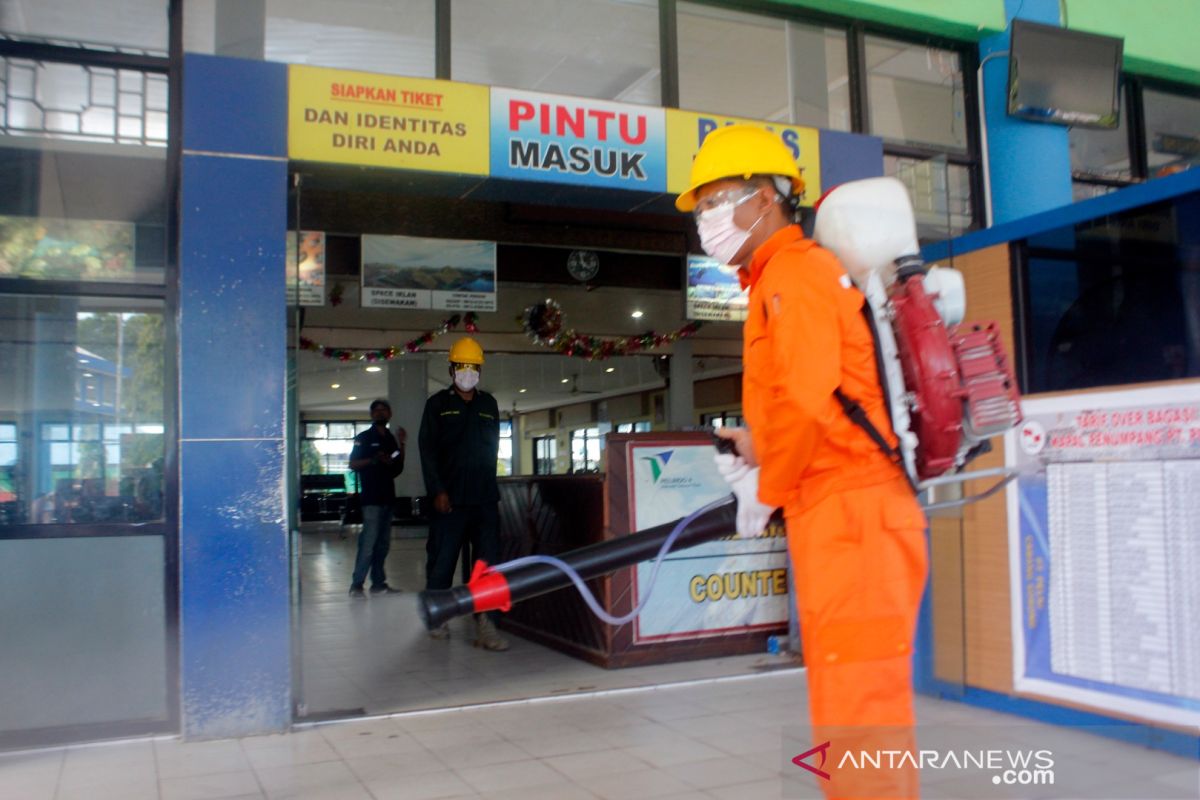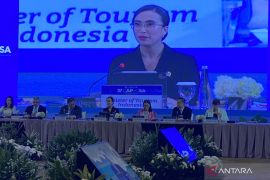"The situation is evolving rapidly. We need to immediately scale up all efforts to prevent the virus from infecting more people,” said Dr. Poonam Khetrapal Singh, regional director, WHO South-East Asia Region, in a statement received in Jakarta on Tuesday.
Eight of the 11 member countries of the WHO in the South-East Asia Region have confirmed cases of COVID-19.
Thailand has reported 177 confirmed cases, Indonesia 134, India 125, Sri Lanka 19, Maldives 13, Bangladesh 5, and Nepal and Bhutan one each. The number of cases is rising quickly.
"More clusters of virus transmission are being confirmed. While this is an indication of an alert and effective surveillance, it also puts the spotlight on the need for more aggressive and whole-of-society efforts to prevent further spread of COVID-19. We clearly need to do more, and urgently," said the regional director.
Related news: 140 portable sinks installed in Surabaya to tackle COVID-19 outbreak
Related news: Indonesia introduces large-scale social distancing measures
Looking at the numbers, some countries are clearly heading towards community transmission of COVID-19, the regional director said, adding this should best be prevented.
Of critical importance are continued efforts to detect, test, treat, isolate and trace contacts, she said. Simple public health measures are vital, she added.
Practicing hand hygiene, covering the mouth while coughing and sneezing, and practicing social distancing cannot be emphasized enough, Dr. Khetrapal Singh said.
"This alone has the potential to substantially reduce transmission,” she asserted.
However, if community transmission does set in, countries would need to gear their responses to slow down transmission, as well as end outbreaks, she said.
Emergency mechanisms would then need to be further scaled up, and a network of health facilities and hospitals for triage and surge would need to be activated to avoid overcrowding, she remarked.
Self-initiated isolation by people with mild infection would continue to be the most important community intervention to reduce the burden on the health system and reduce virus transmission, she asserted.
Testing of all suspected cases, symptomatic contacts of probable and confirmed cases, would still be needed, she added.
"We need to be geared to respond to the evolving situation with the aim to stop transmission of COVID-19 at the earliest to minimize the impact of the virus that has gripped over 150 countries in a short span of time, causing substantial loss to the health of people, societies, countries, and economies. Urgent and aggressive measures are the need of the hour. We need to act now,” the regional director said.
Related news: Central government to decide on imposing local lockdown: Home Minister
Related news: Students, tourists can avail online museum platforms to curb COVID-19
Reporter: Azis Kurmala
Editor: Sri Haryati
Copyright © ANTARA 2020












